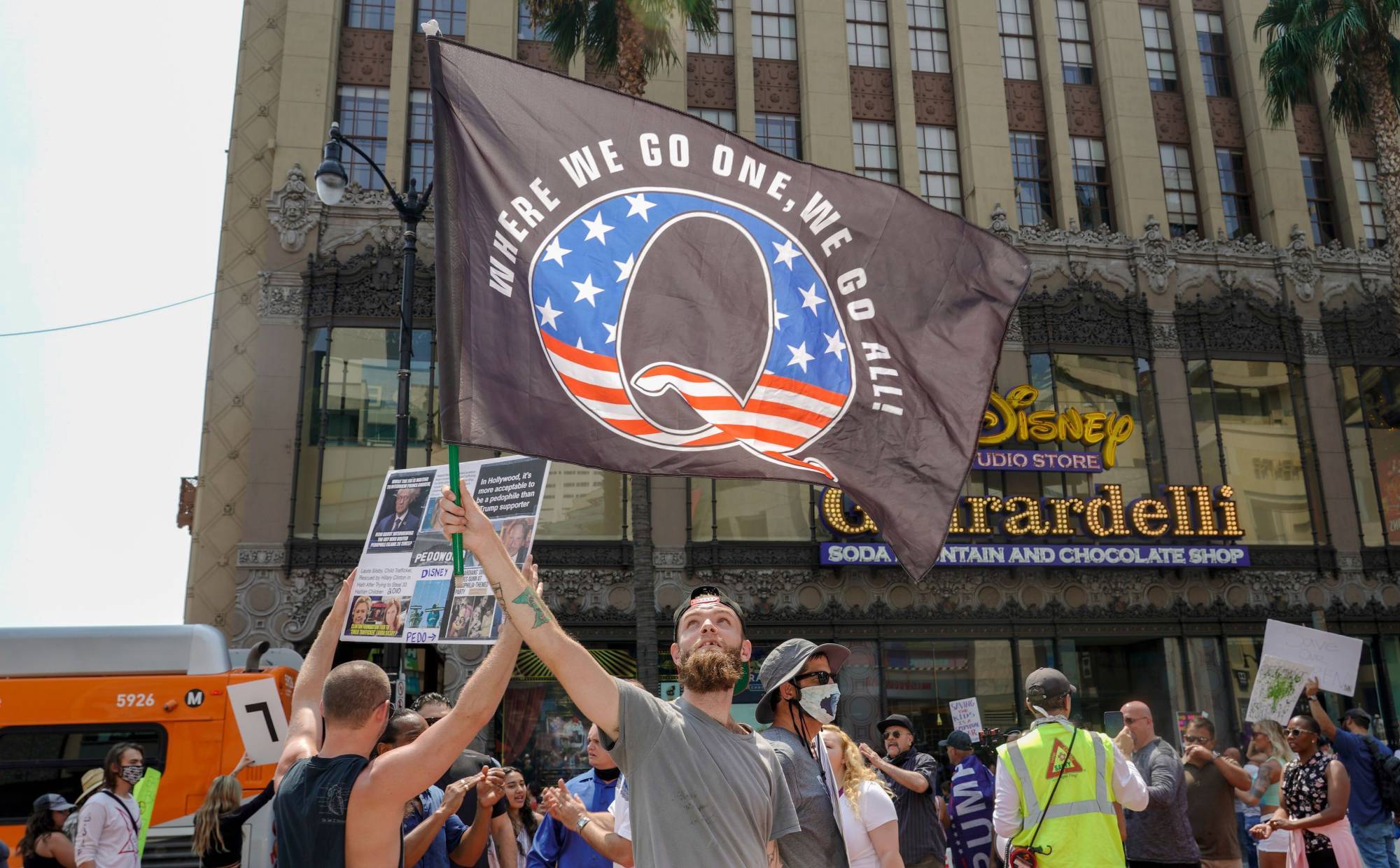Russian government-supported organizations are playing a small but increasing role amplifying conspiracy theories promoted by QAnon, raising concerns of interference in the November U.S. election.
Academics who study QAnon said there were no signs Russia had a hand in the early days of the movement, which launched in 2017 with anonymous web postings amplified by YouTube videos.
But as QAnon gained adherents and took on new topics — with U.S. President Donald Trump as the constant hero waging a misunderstood battle — social media accounts tied to a key Kremlin ally joined in.

















With your current subscription plan you can comment on stories. However, before writing your first comment, please create a display name in the Profile section of your subscriber account page.